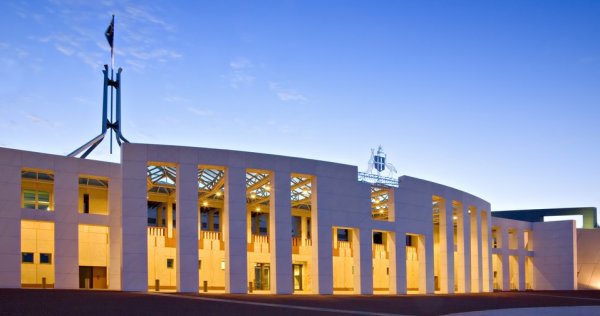Department of Health officials have told a Senate inquiry abolishing so-called 'junk' health insurance policies would lead to an across the board 15 per cent rise in premiums.
Appearing before the Senate inquiry into the value and affordability of private health insurance and out-of-pocket medical costs, senior departmental officials faced questioning on health funds offering policies with exclusions.
The number of people taking out policies with exclusions jumped significantly following changes to indexation of the private health insurance rebate that reduced its share of premiums. However, the rate of that growth has slowed in recent years.
The emergence of policies with exclusions has attracted criticism, including from the AMA, however insurers argue they meet the specific needs of some consumer groups, including low income earners in rural and regional communities who want their choice of doctor but only have access to a public hospital, and people living with chronic conditions who choose to see particular specialists who only work in the public hospital system.
Younger people, who might choose products with exclusions because they reflect their limited need, also tend to transition to more substantive policies as they move into different life stages.
Under questioning from Australian Greens leader Senator Richard Di Natale, officials did not accept the term ‘junk’ policies, saying "all policies make a contribution to keeping premiums affordable."
One official compared them to people taking out a gym membership but never making use of it.
They told the inquiry the Private Health Ministerial Advisory Committee, established by former minister Sussan Ley in 2016, has "examined" the issue at great length and concluded eliminating policies with exclusions would lead to an immediate 15 per cent across-the-board increase in premiums.
On the impact of the reforms recently announced by health minister Greg Hunt, the officials said they can "definitely say" premiums will not go up by as much as they would have.
